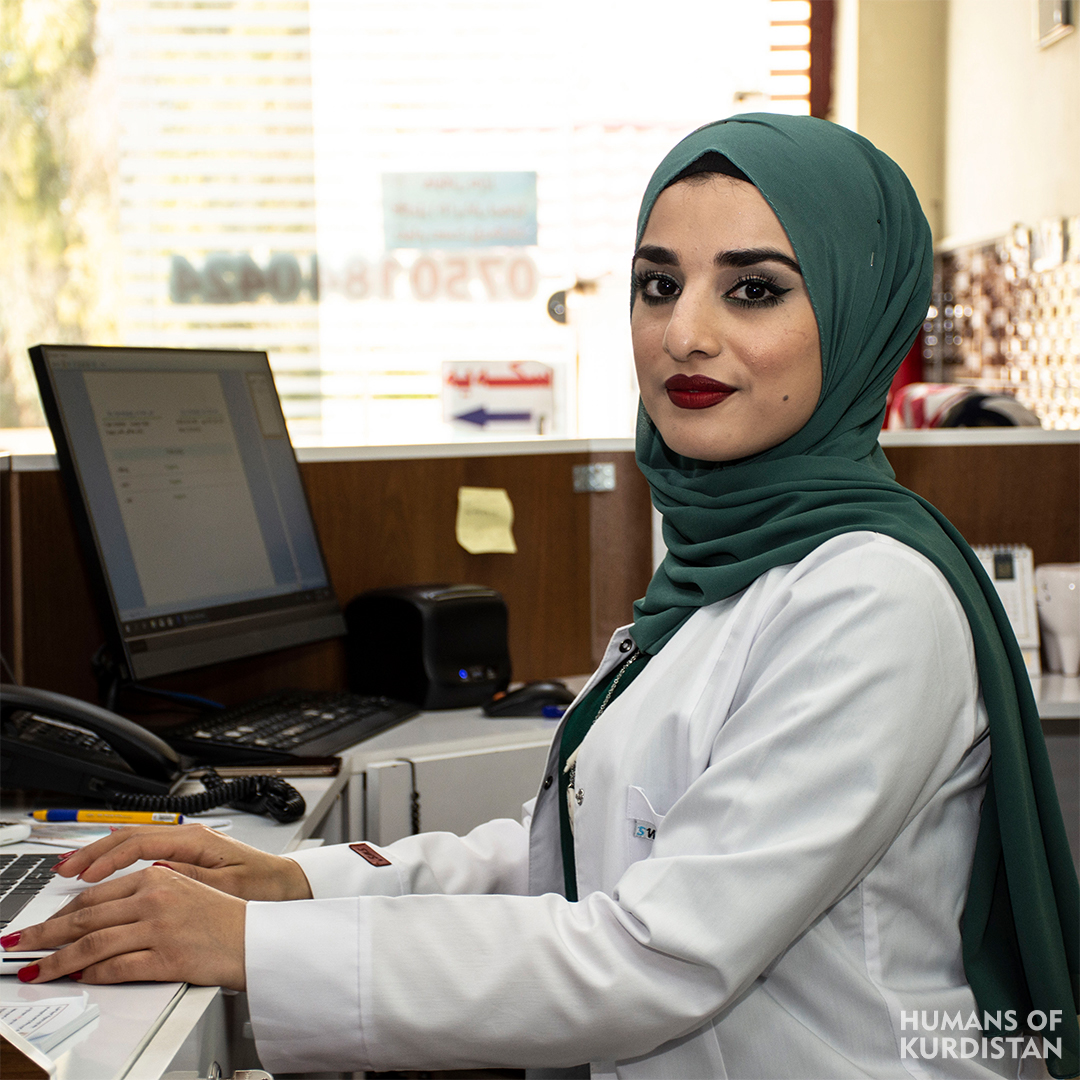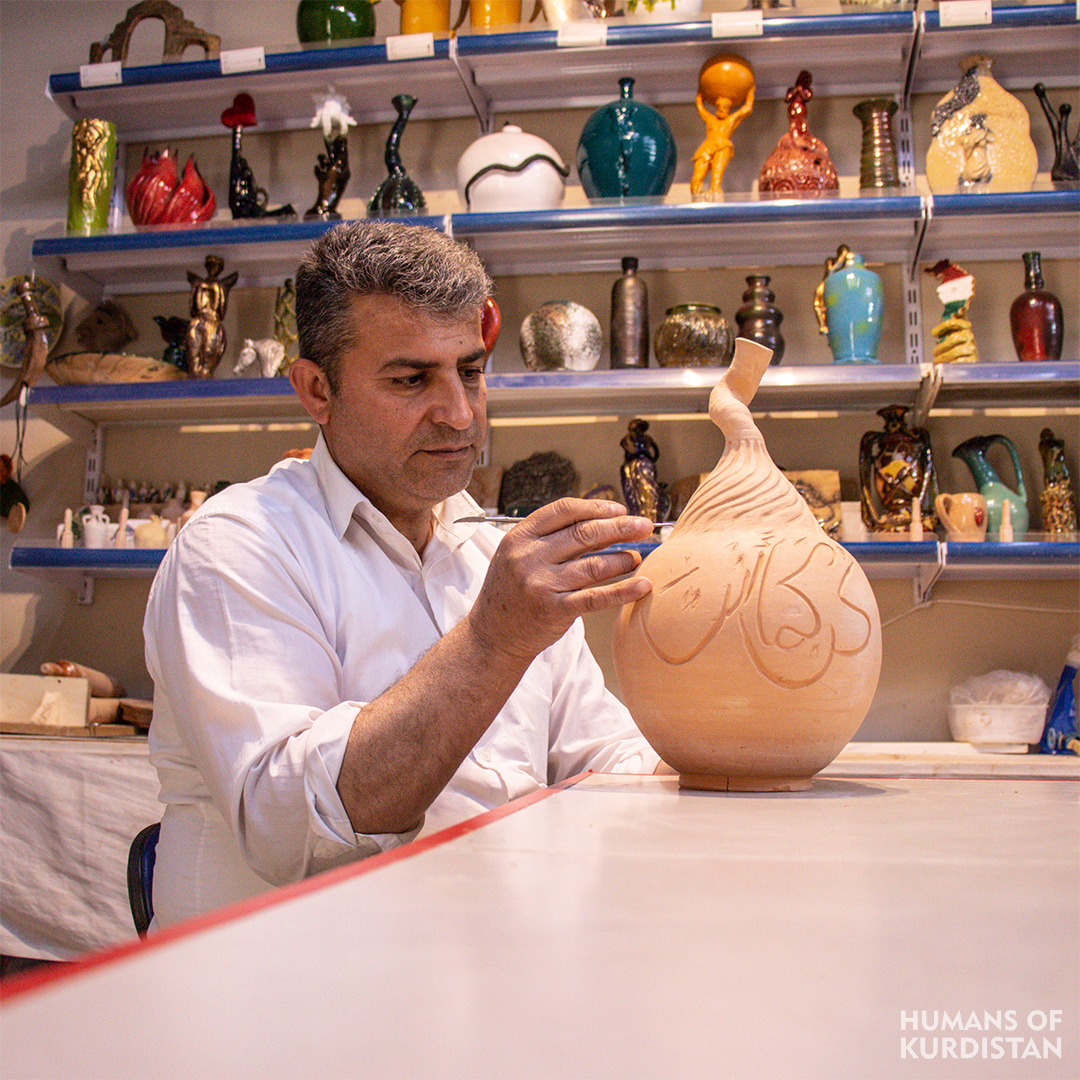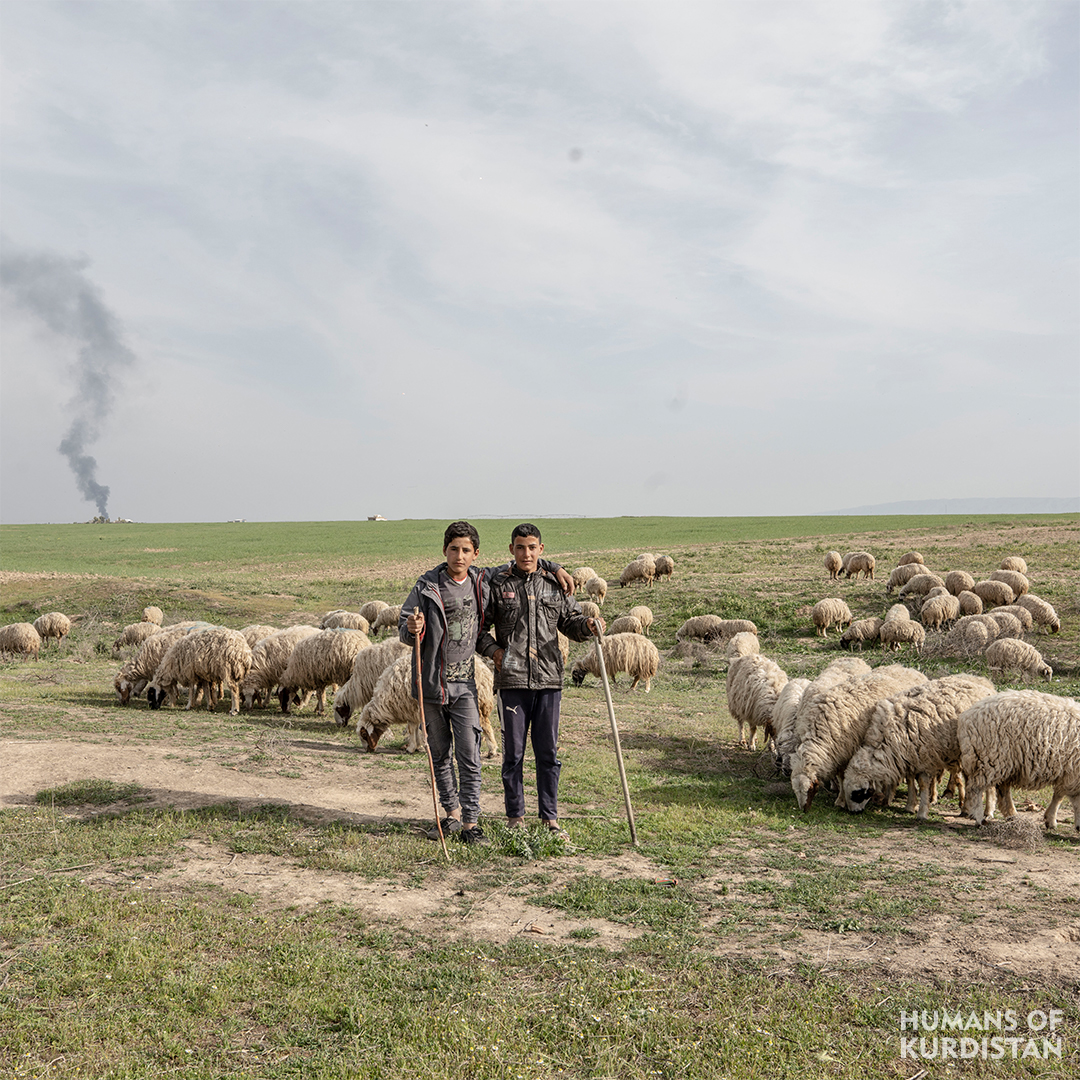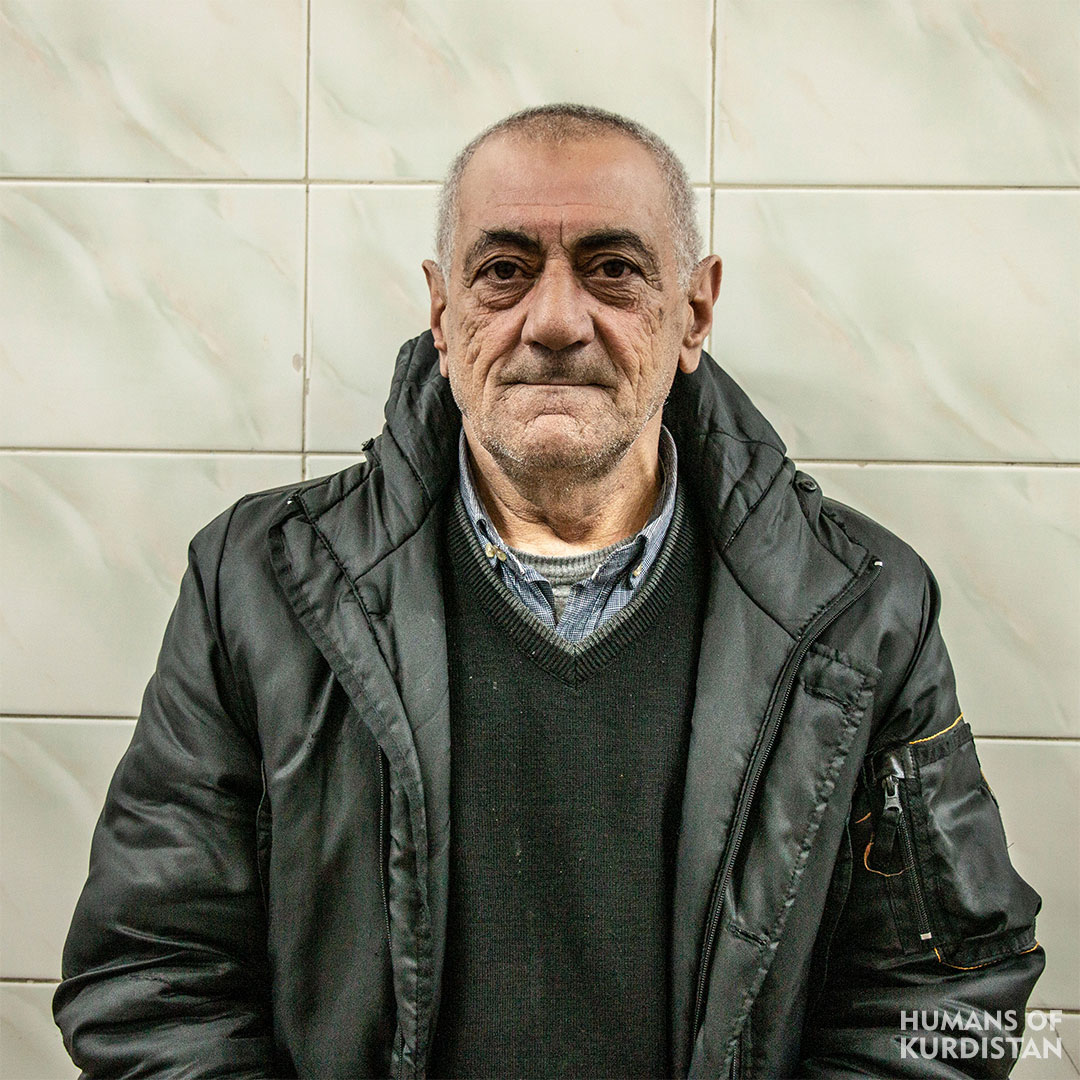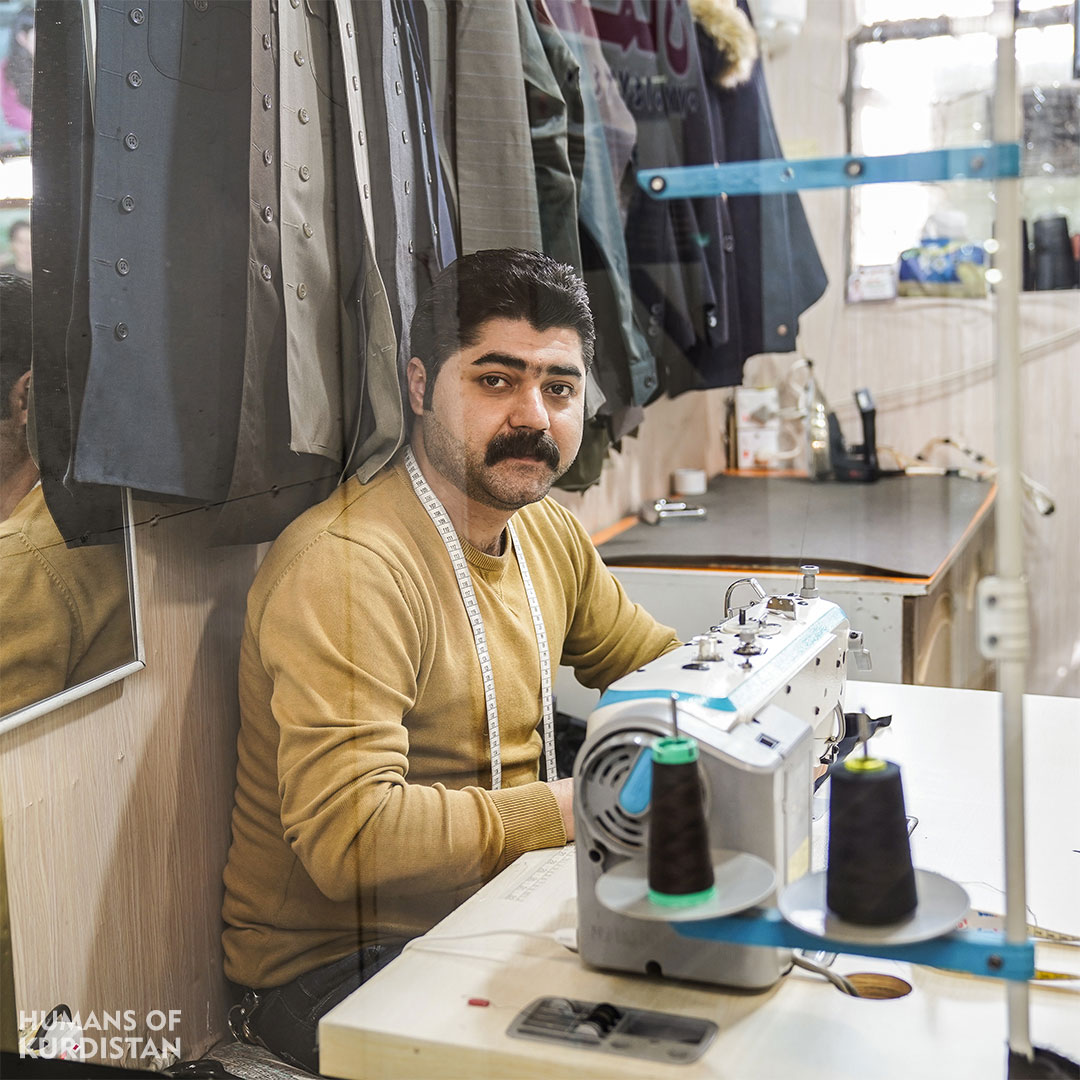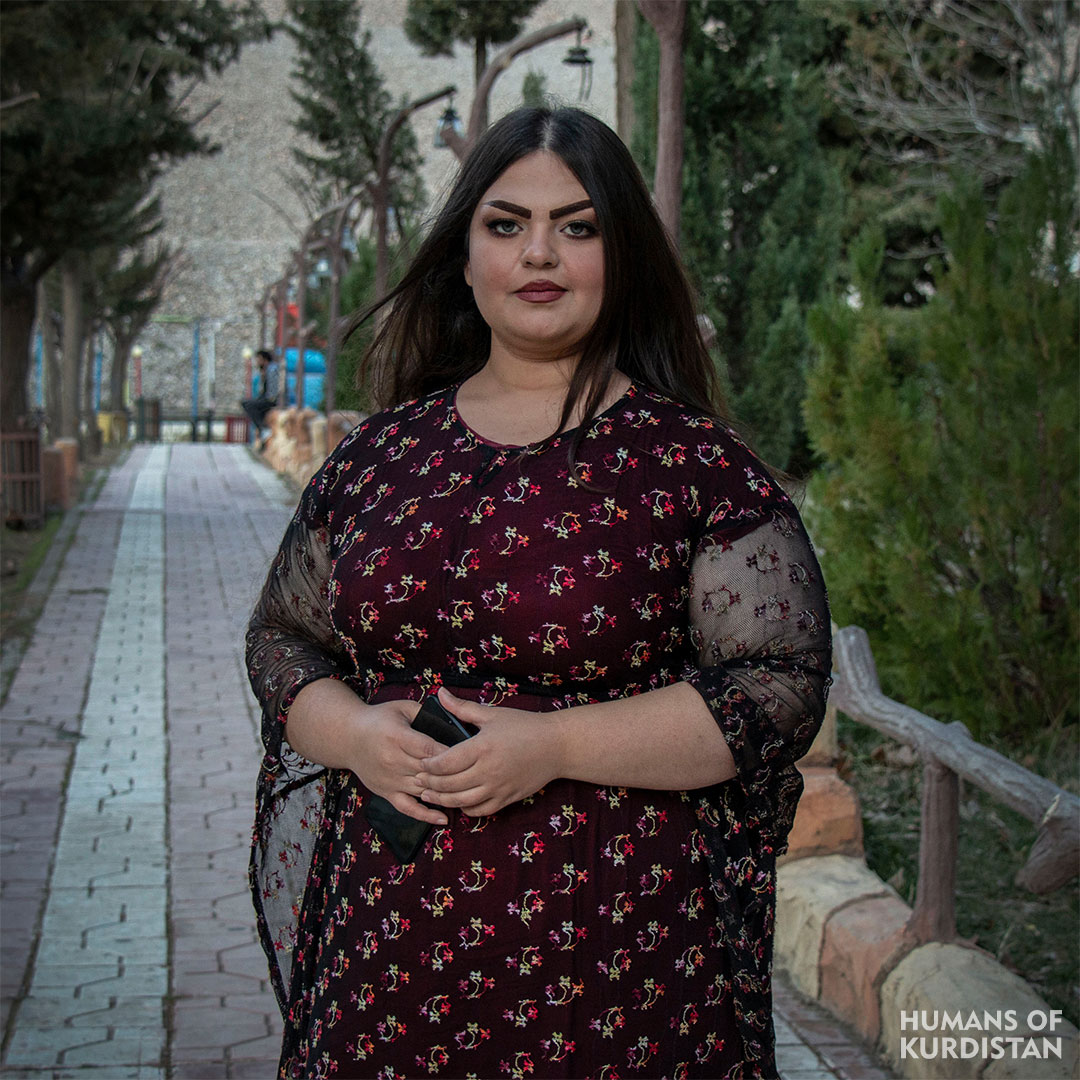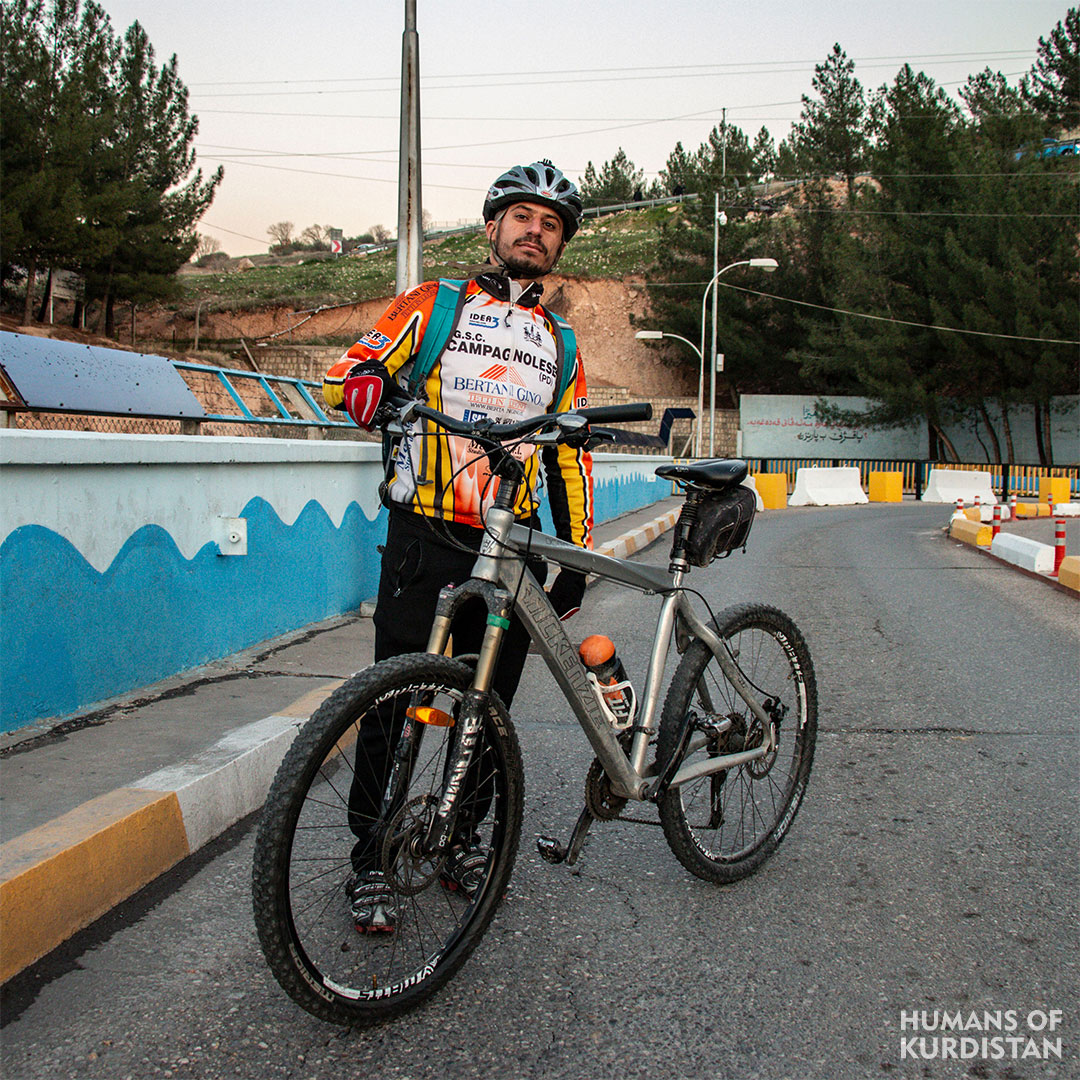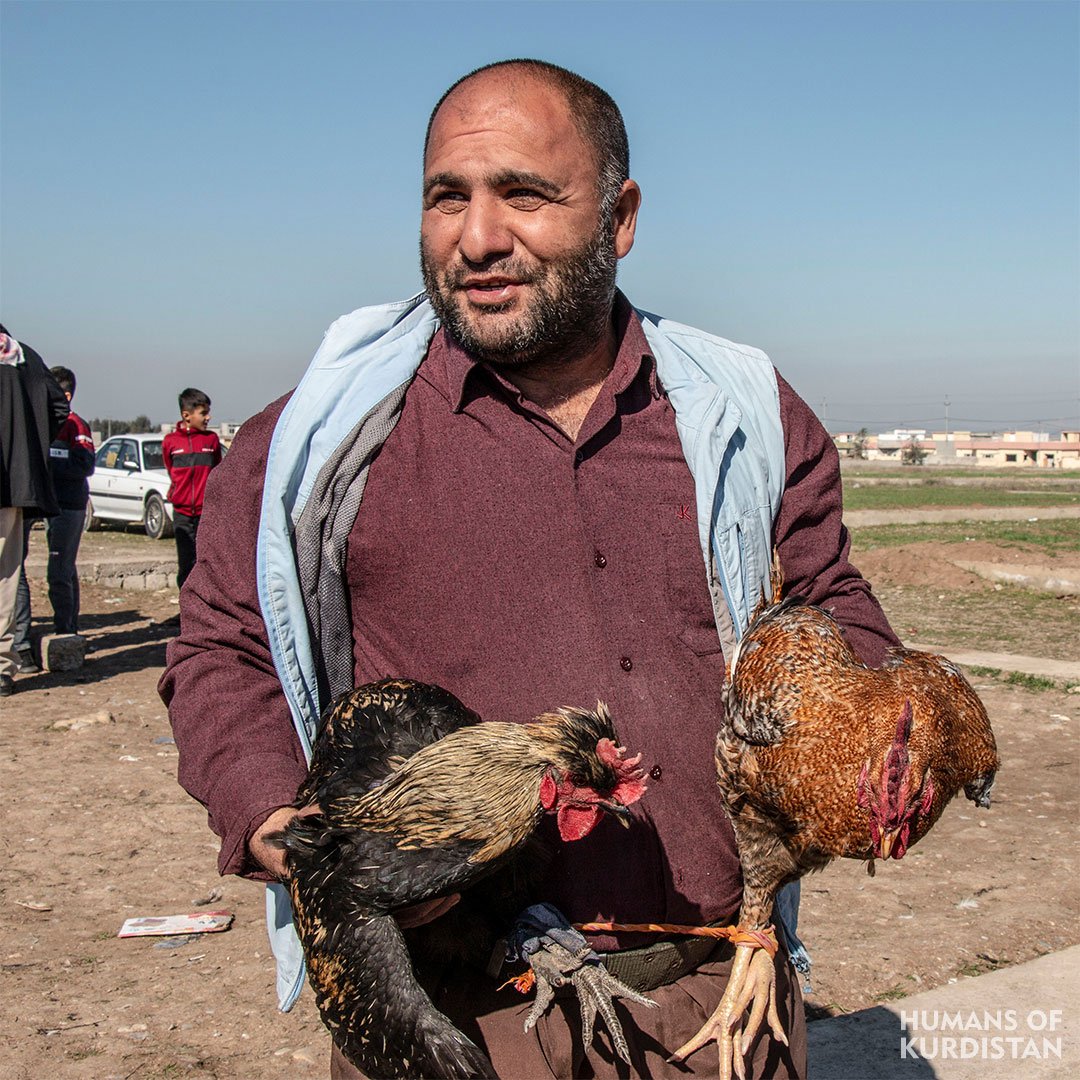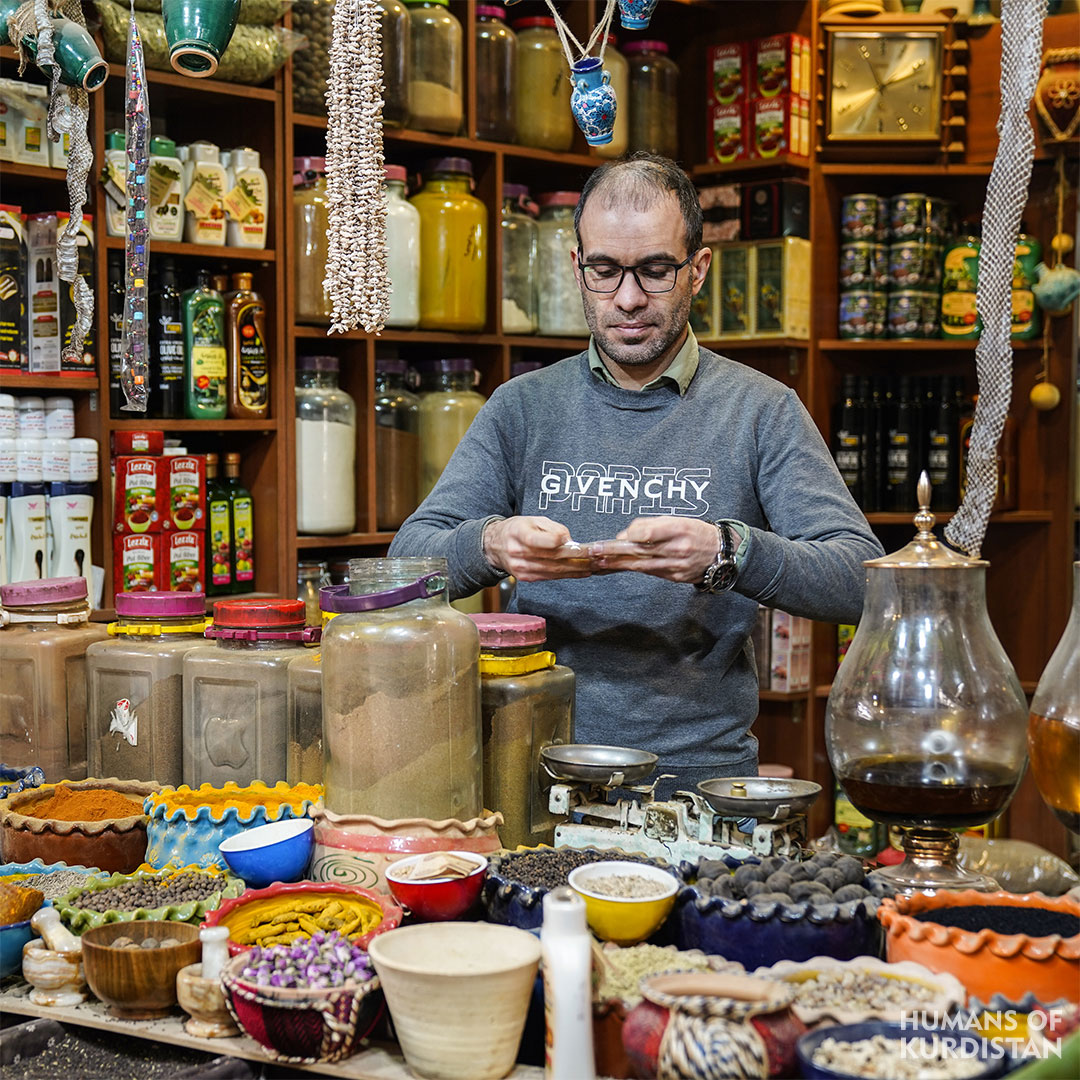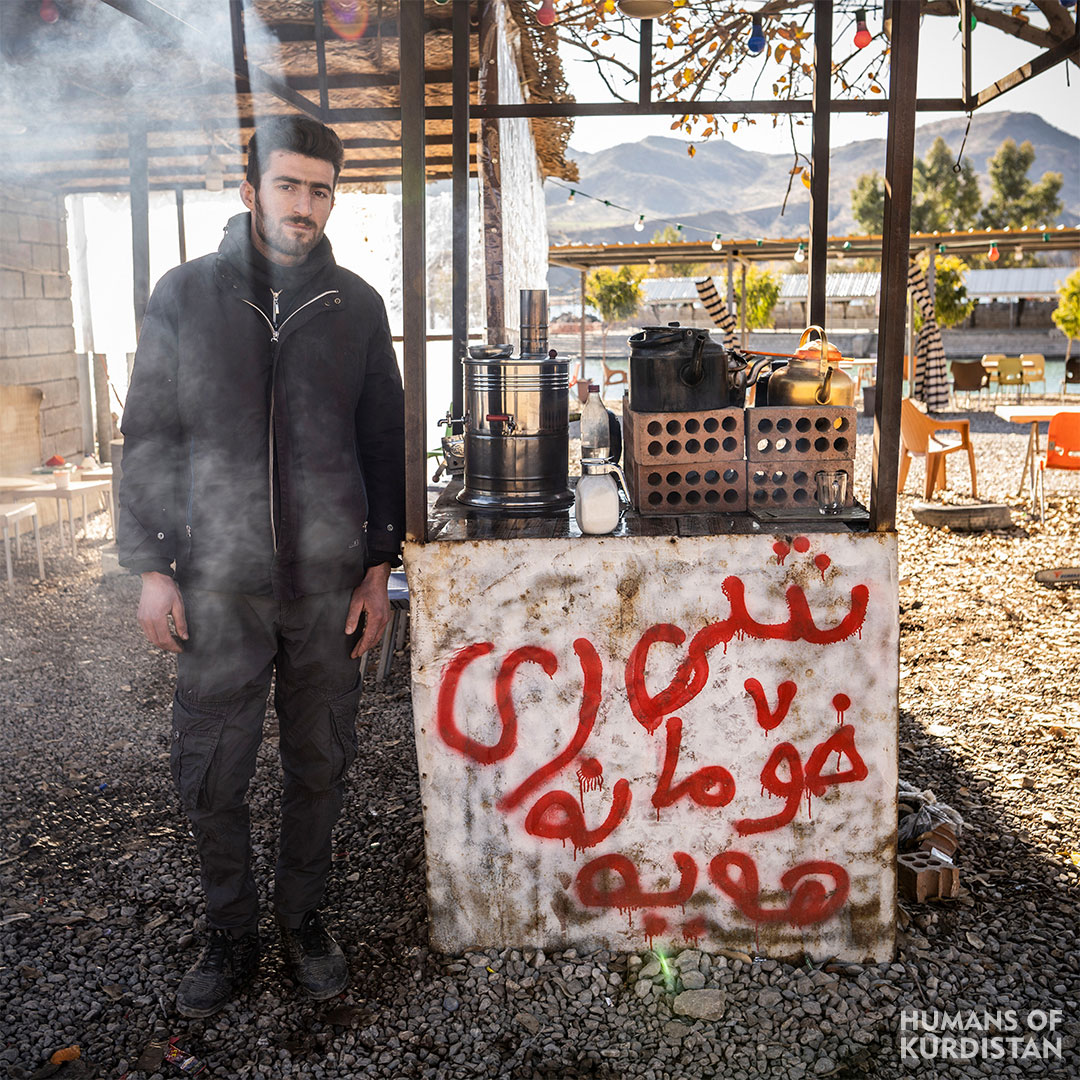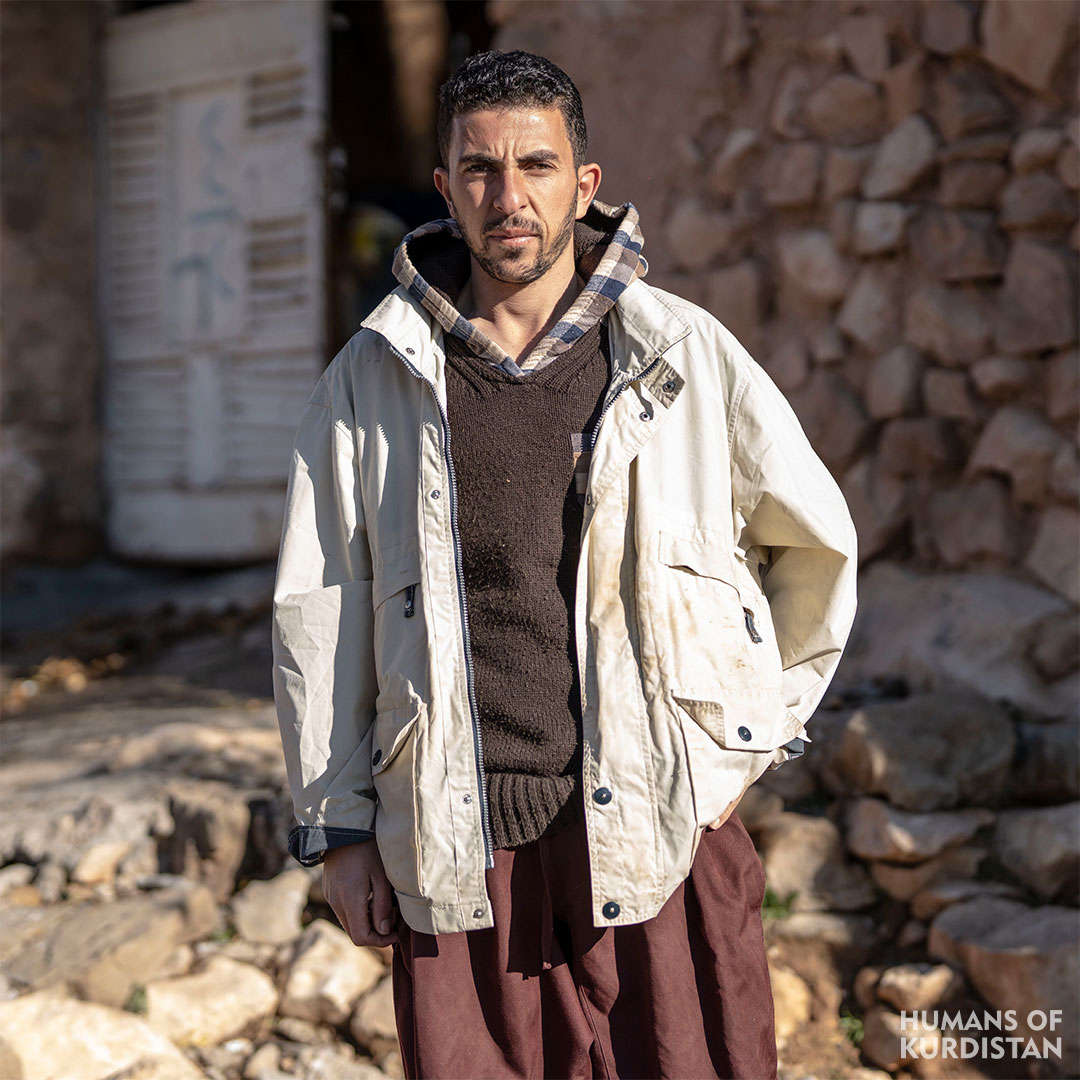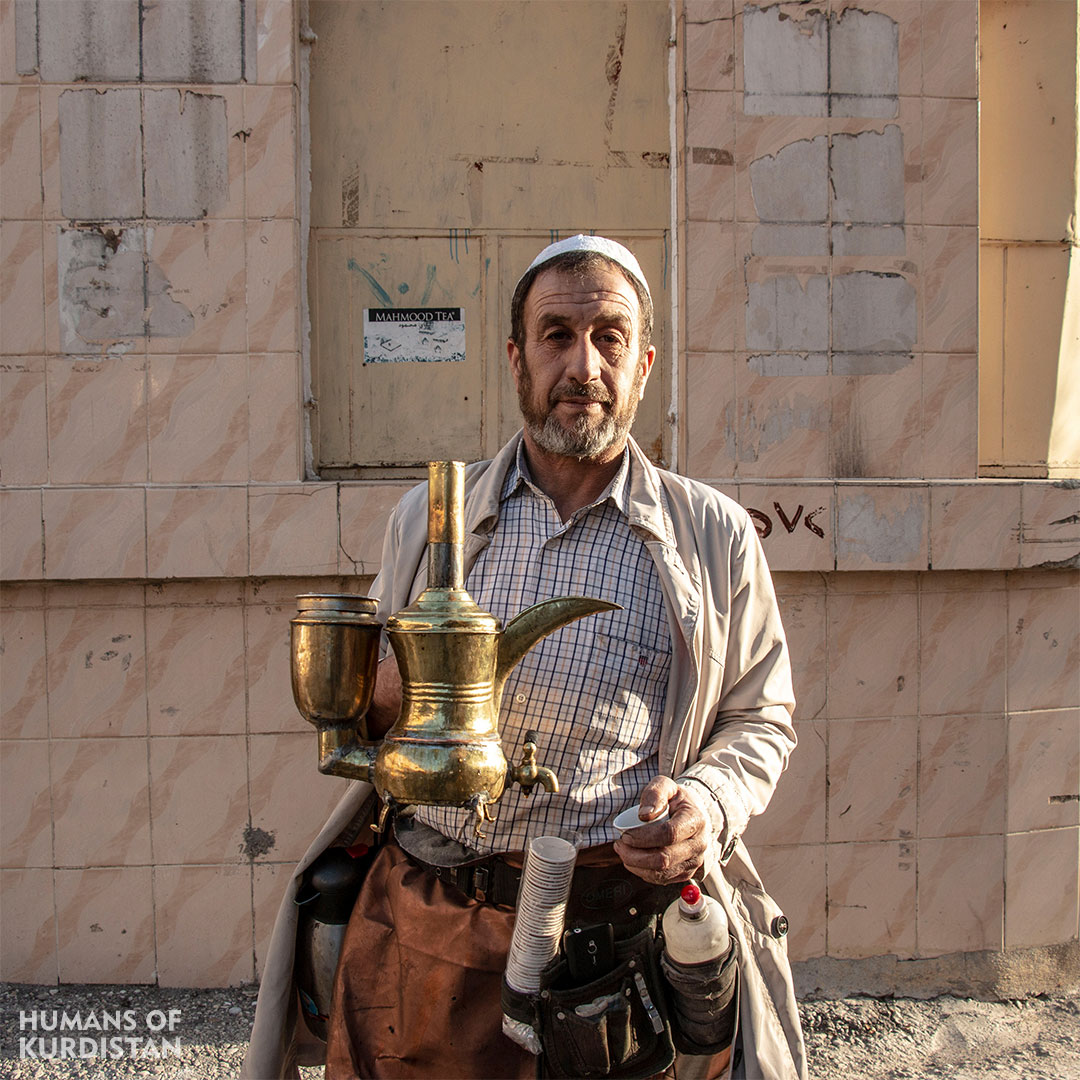April 21, 2021
“After graduating from nursery, I always had my mind on how I can earn the nickname they give to nurses (angel of mercy). I have always treated patients and their relatives as calmly as possible. Patients usually are in pain and not in a good mood, so you have to have patience. Nursery has taught me many things, from being respectful to being calm. At the same time, there are a lot of upsetting things, for example when you have to deliver the news of someone's dying. I have seen many tragic cases in my life, but none of them equal to that one time when they brought in a 12-year-old child who had gotten in a car accident and was suffering internal bleeding. The child was in a very bad shape, we had to transfer the child to outside of Halabja. The child’s heart stopped two times on the way, but we could revive the child’s heartbeat, but the child unfortunately passed away the minute we got to the hospital. I will never forget the child’s face”. ...


